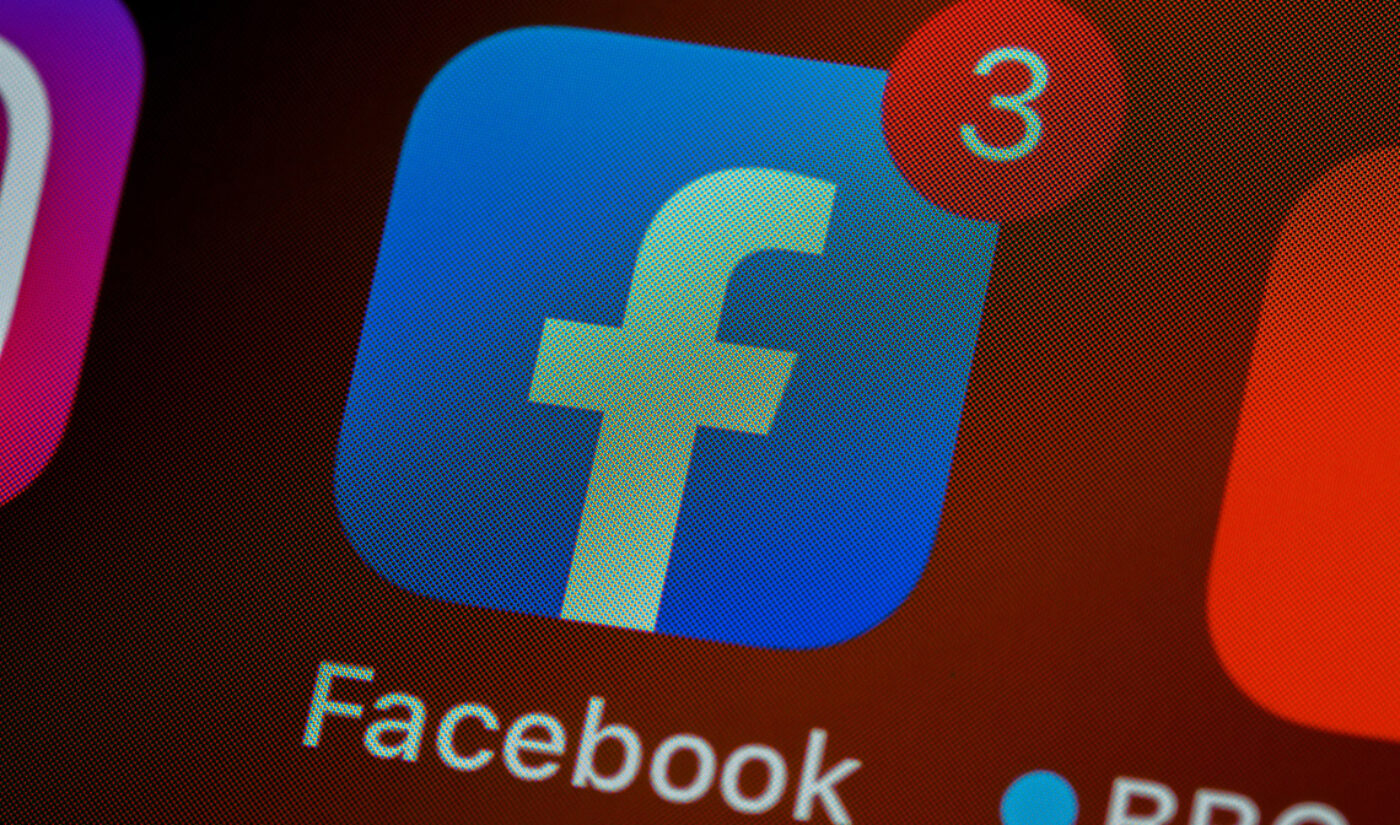This week, the Federal Trade Commission and 48 attorneys general (BTW, what’s up with Alabama, Georgia, and South Carolina’s AGs?) delivered the biggest challenge yet to Facebook As We Know It. Their antitrust lawsuit calls for breaking up the social media giant, blocking it from further acquisitions, and fundamentally transforming its presence in our digital lives.
This mega-case has been brewing for at least 18 months, and to my mind was long overdue even then, given the company’s ruthless anticompetitive behavior, role in the Cambridge Analytica debacle, and problematic ongoing impacts on the basic operations of the world’s democracies, including ours.
It’s a truly ambitious lawsuit, treading in areas where few antitrust cases have ever gone. But it’s just about the only remaining option for a government trying to exert any meaningful control over a private company that reaches far more people (over 3 billion) than any single country contains.

Subscribe to get the latest creator news
And, in fact, previous attempts to regulate Facebook have proved anemic at best and laughable at worst. When the European Union, which is roughly the population of the United States, slapped a multibillion-dollar fine on Facebook a couple of years back, the total was roughly equal to the company’s profits that quarter. Yeah, for all the zeroes in the fine, that one didn’t hurt very much, or for very long. It certainly didn’t obviously change how Facebook operates.
But this time, it’s just possible the new suit’s existential threat will actually chasten a company that increasingly seems beyond the control of any mere national government, even for its home and biggest market. That said, we should definitely temper our optimism about what the suit can do.
Unwinding Instagram and WhatsApp
For one thing, the case hopes to unwind Facebook’s acquisition of Instagram in 2012, and WhatsApp in 2014. It doesn’t really speak about the spinning off of virtual reality behemoth Oculus, which absolutely should be included.
Like WhatsApp and Instagram, Oculus’ founders were splashed with fountains of Facebook cash early in their company’s development to (allegedly) head off the company becoming a more thoroughgoing competitor. Now, just as virtual reality is taking off, the Oculus deal is looking just as smart as the others, but also just as problematic. (Notably, unlike the U.S. antitrust case, Germany’s Federal Cartel Office, or Bundeskartellamt, is initiating formal “abuse proceedings” ver Facebook’s requirement that Oculus headsets be linked to a Facebook account, The Verge reported.)
Oculus has a winner in its latest VR headset, the Quest 2, which putatively costs $299 if you can find it. You’ll likely spend two or three times that if you want one before Christmas. Regardless, the Quest 2–which is cheap and accessible compared to other rigs–could substantially expand interest in home VR games and entertainment like no consumer-facing headset yet.
It will also substantially expand the data Facebook will know about you, because to use the Oculus Quest 2, you’ll need to link it to a Facebook account. That means Facebook will be able to harvest even more sensitive personal data, like your biometric responses to the VR games and entertainment you watch. Given Facebook’s history, that seems like a bad idea.
It’s interesting to contrast this huge, coordinated legal assault on Facebook with the Trump adminstration‘s shambolic effort to force TikTok to divest its U.S. operations. That move reportedly was fueled in part by lobbying from, wait for it, Facebook CEO Mark Zuckerberg, who apparently played up the Yellow Peril aspects of his newest competitor, a Chinese-owned service backed by a multibillion-dollar giant that didn’t need Zuckerberg’s cash.
TikTok also had set off the bottomless resentments of President Trump, enraged when K-pop TikTok fans helped undermine his disastrous Tulsa campaign rally in June.
But presidential resentments and competitors’ whisper campaigns don’t a good national security case make.
The result was a haphazardly justified order to divest, leading to a proposed shotgun wedding that would have sold off TikTok’s U.S. operations to companies run by Trump campaign contributors. The result from that has been the most disorganized, ongoing confusion I can recall seeing for a government order–confusion that continues months after the circus began.
Now, with two courts ruling to block the divestiture, including one in the past week, it looks like time will run out on Trump before TikTok.
Similarly, the president has threatened to veto a crucial defense spending bill if Congress doesn’t include in it an unrelated provision to repeal Section 230, the “safe harbor” provision that protects social-media companies from lawsuits over what their users publish. (The defense bill also would strip the names of traitorous former Confederate generals from a bunch of military bases; Trump wants those names unchanged.)
Vetoing the bill would prevent hazard pay for troops in battle and pay hikes for the rest of the Armed Forces. It has passed Congress with bipartisan support every year for decades. If Kentucky contrarian Rand Paul stops grandstanding, again, it’ll pass, again.
So, despite all the noise out of Washington, it’s important to remember the Facebook fight is a different beast. The involvement of all those states and territories guarantees this fight will continue long after Trump decamps to his newly renovated Mar-a-Lago bunker.
This case does face an uphill battle, however.
For one thing, few big antitrust cases have tried to unwind previous acquisitions, particularly ones the federal government previously approved. And it’s worth noting how assiduously Facebook has worked to make a breakup difficult. It has spent huge resources integrating WhatsApp and Instagram more tightly into all its backend operations for Facebook and Messenger.
But even with some significant uncertainty over the suit’s prospects, it will matter. The case will take years to play out. Just look at the decades-long fights that previous tech giants such as AT&T, IBM, and Microsoft had to endure in their antitrust battles. This case has all the makings of another long haul.
More importantly, as the case winds through the courts, Facebook likely will find it difficult or impossible to buy anything else. And beyond future mergers and acquisitions, it will have to deal with a heightened scrutiny of its operations for years to come.
Regardless of who’s in the White House, or working as an attorney general, that means this suit could be a landmark in the history of social media in general, Facebook in particular, and its complicated relationship with this country most of all.








